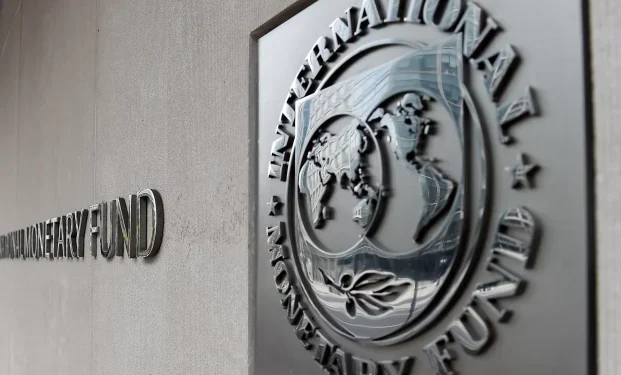IMF Board Meets Today on Ghana’s 4th Programme Review; $370m Disbursement Expected
The Executive Board of the International Monetary Fund (IMF) will today, July 7, 2025, consider Ghana’s fourth programme review under the ongoing Extended Credit Facility (ECF) arrangement in Washington, DC.
This is according to information gathered from persons familiar with Ghana’s IMF programme, who disclosed that the government has met nearly all the conditions necessary for the Board to convene and deliberate on Ghana’s economic performance.
Sources indicate that all required documentation was submitted to the IMF Executive Board last week, meeting the minimum four-day threshold ahead of today’s meeting. The Board’s consideration follows the staff-level agreement reached with Ghana in April 2025 on the fourth review of the programme.
$370m Disbursement Expected to Boost Reserves
The IMF Board is widely expected to approve Ghana’s performance under the programme, paving the way for the disbursement of approximately US$370 million. The funds, likely to be credited to the Bank of Ghana’s account by July 11, 2025, will bring Ghana’s total receipts under the ECF to over US$2.3 billion since the programme commenced in May 2023.
Analysts believe the disbursement will bolster the country’s international reserves, with the Bank of Ghana’s gross reserves expected to rise further by the end of July. In addition to the IMF funds, Ghana is also set to receive another US$360 million from the World Bank, aimed at supporting the government’s economic recovery efforts.
Progress on IMF Programme Targets
Ghana’s three-year IMF-supported programme focuses on restoring macroeconomic stability, achieving debt sustainability, and laying the groundwork for stronger, more inclusive growth. One of the key targets is to reduce the country’s debt-to-GDP ratio to 55% by 2028.
However, recent data from the Bank of Ghana shows that this target has already been met ahead of schedule. As of April 2025, Ghana’s debt-to-GDP ratio stood at 55%, largely driven by the sharp appreciation of the cedi against the US dollar. The local currency has appreciated by over 40% since January 2025, according to data from commercial banks.
President John Mahama, speaking recently at the African Development Bank Annual Meetings in Ivory Coast, highlighted that Ghana’s total debt stock has reduced by GHS150 billion owing to the significant strengthening of the cedi.
Stronger International Reserves
Another key achievement under the IMF programme has been the marked improvement in Ghana’s international reserves. The Bank of Ghana’s May 2025 Economic Report revealed that gross international reserves stood at US$10.6 billion at the end of April 2025, equivalent to 4.7 months of import cover – a level higher than what Ghana achieved at the conclusion of its previous IMF programme.
The anticipated disbursement from both the IMF and the World Bank is expected to further consolidate this reserve position, providing greater stability to the cedi and supporting Ghana’s economic recovery.
The IMF Board’s decision, expected later today, will be closely watched by investors, financial markets, and policymakers as Ghana continues its efforts to rebuild confidence and foster sustainable economic growth.







